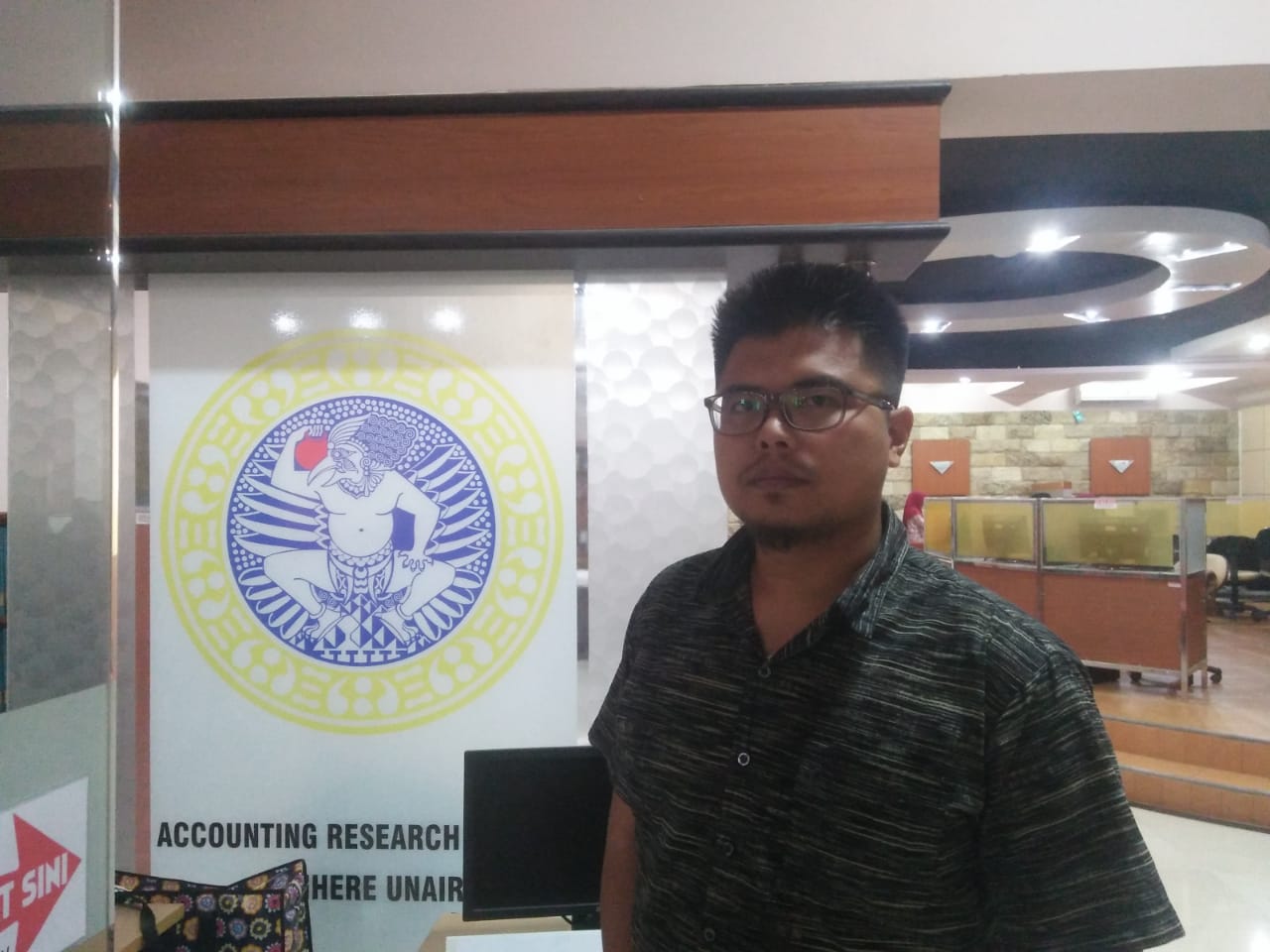UNAIR NEWS – For a few months, the public was troubled by news of a drastic rising cost of airplane tickets, especially on domestic routes. There were also protests, especially when the Eid holiday arrived. Many people decided not to return or delay their departure to their hometown.
According to economic observers, this problem is caused by various factors, from avtur fuel costs, airport infrastructure which is considered too expensive, inefficiencies in government policies, to the existence of a business structure dominated by only two companies (duopoly). It affects mode shifting and inflation.
Regarding the rising tariff in airplane tickets, a lecturer of Faculty of Economics and Business (FEB) Universitas Airlangga Rumayya Batubara, SE, M. Reg.Dev., Ph.D., also gave his opinion. He said that the cause of the problem is likely the duopoly factor, which is an old phenomenon in the Indonesian airline industry.
“Before the reform era, there were cartels among airlines, which caused the high price of airplane tickets. Since the 2000s, the airline industry has been deregulated, making it easier for new players to participants. It brought a healthier and more competitive market condition. So, the price of airline tickets was lower, “explained the instructor focusing on public economic research.
In the development of the airline industry, there were efforts by big companies to make acquisitions of other airlines. If at the beginning of the reform period, the airline ownership was spread, in the last 5-10 years the airline ownership has been polarized into two big companies, Garuda Indonesia and Lion Air.
Both of them compete to expand the market. One of them cuts the prices significantly.
“Regarding the high price of avtur, there was a clarification that it is cheaper than other countries in Southeast Asia such as Singapore and Malaysia. Some also suggested that most of the users of flight services are officials from corporations or government. So it is not sensitive to price changes, “added the lecturer who got his doctoral degree at University of Western Australia.
As of now, the government continues to make various policies to answer the concerns of the community. Last week, the authorities regulated the price ceilings of tariffs.
For information, the upper limit tariff is a regulation used by the government to protect consumers, so that ticket prices are not too high. On the contrary, the lower limit rate keeps the airlines making profits.
“So, the government must be sure where the balance is, the upper limit or lower limit? I think including foreign competitors is quite effective because if there are limited players, the industry is not healthy,” Rumayya stated.
The alternative must pay attention to the causes of rising ticket prices. Is it because of unfair competition or cartel practice? If high rates occur because of inefficiencies outside the airline’s control, they should be protected without inviting foreign players. However, policies must be issued to reduce these external inefficiencies.
“One policy that can reduce external inefficiencies is using fiscal incentives to reduce the aviation tax burden. This is important because the components of aircraft parts are mostly imported, while rupiah exchange rate is weakening against foreign currencies. By providing tax breaks, the government can reduce the rising factor of ticket prices from the airlines’ external side, “he explained.
On the other hand, Rumayya viewed that the current upper limit tariff reduction to 16 percent is not very appealing from the consumer point of view as the price of airline tickets rose almost twice the regular price.
He agreed more if the regulations related to the tariff limit were revoked. Because, psychologically, with the implementation of tariff regulations, airlines will put up prices to maximize profits from the set point by the government.
Although the airline’s economic price is formed below the policy limit. Rumayya suggested that the government should issue a policy to the airline to apply prices to its average cost per unit (AC Pricing).
“It means the government forces the airline to sell tickets according to the production price per unit after calculating installment, debt, and other problems. So, their service is given at the average cost adjusted to the dynamics of the company. Especially for government companies such as Garuda, it can apply zero profit as long as it does not incur a loss and provide more significant benefits to the community, “he concluded. (*)
Author: Nabila Amelia
Editor: Feri Fenoria Rifa’i





